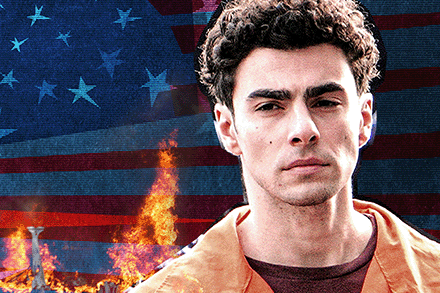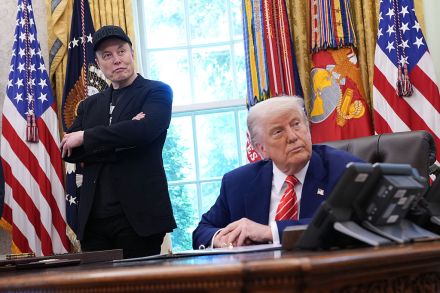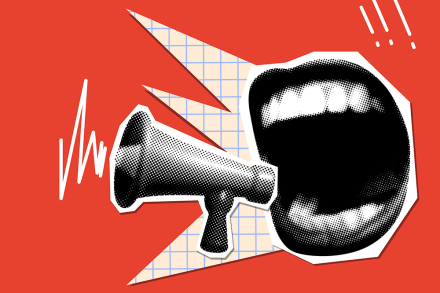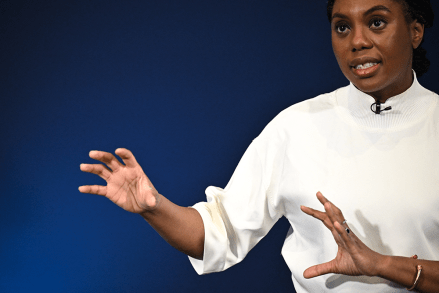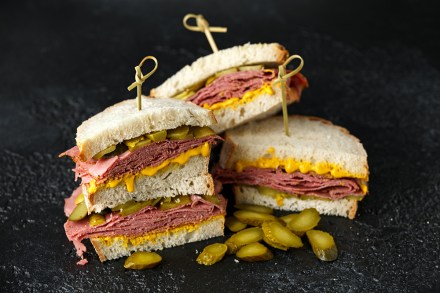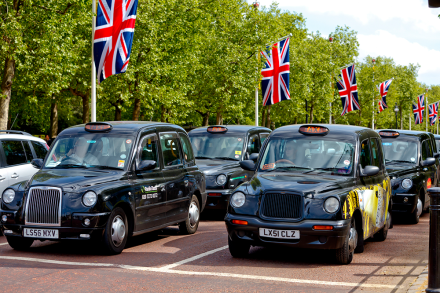Left-wing violence is being normalised
19 min listen
In the new edition of Spectator World, author and anthropologist Max Horder argues the US is experiencing a change in its psyche, and left-wing violence is being normalised. He joins Freddy Gray on the Americano podcast to discuss the various examples attached to this, and what the dereliction of democratic disagreement means for us all.
